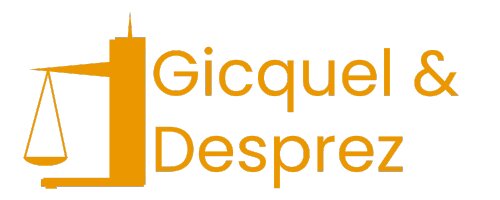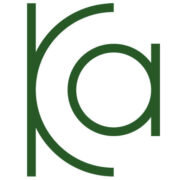Best Collaborative Law Lawyers in Vannes
Share your needs with us, get contacted by law firms.
Free. Takes 2 min.
Free Guide to Hiring a Family Lawyer
List of the best lawyers in Vannes, France
About Collaborative Law in Vannes, France
Collaborative Law is a legal process that enables couples and families in Vannes, France, to resolve disputes amicably without resorting to traditional litigation. It focuses on open communication and cooperation among parties, who work alongside specially trained lawyers to negotiate settlements. This approach is especially popular in family law cases, such as divorce, where maintaining relationships or minimizing conflict is essential.
Why You May Need a Lawyer
Engaging a lawyer in Collaborative Law may become necessary in several scenarios. If you're going through a divorce and wish to settle issues such as child custody, property division, or financial support amicably, Collaborative Law offers a structured yet flexible solution. Additionally, couples looking to avoid the adversarial nature of court proceedings, or who want more control over the outcome, might find the method particularly beneficial.
Local Laws Overview
In Vannes, France, several laws are pertinent to Collaborative Law. The process is voluntary and requires both parties to engage in good faith negotiations. Lawyers involved must be trained in collaborative techniques and cannot represent clients in court if the negotiations collapse, ensuring a commitment to amicable resolution. Local family law principles govern areas such as child welfare, spousal support, and equitable distribution of assets, all through the collaborative lens that ensures understanding and agreement amongst involved parties.
Frequently Asked Questions
What is the main goal of Collaborative Law?
The primary aim of Collaborative Law is to help parties reach a mutually agreeable settlement without the stress and formality of traditional court litigation.
Is Collaborative Law legally binding?
The agreements reached through Collaborative Law are legally binding once formalized and signed by all parties, provided they adhere to the legal standards of the governing jurisdiction.
Who can participate in the Collaborative Law process?
While it's predominantly used in family law cases, Collaborative Law can be applied to other disputes, provided both parties agree to the process.
How does confidentiality work in Collaborative Law?
The Collaborative Law process is private and confidential, encouraging open communication. However, once an agreement is reached, it can be legally formalized and made public as required by law.
What happens if the Collaborative Law process fails?
If parties cannot reach an agreement, they may pursue traditional litigation, but their collaborative lawyers cannot represent them in court.
How long does the Collaborative Law process take?
The timeline varies depending on the complexity and cooperation levels of the parties involved, but it is often quicker than litigation, as parties control the scheduling.
Are there any financial benefits to Collaborative Law?
Collaborative Law can be less costly than going to court, as it generally requires fewer resources and expedites the settlement process.
What qualifications should a Collaborative Lawyer have?
In Vannes, France, a Collaborative Lawyer should be specially trained in collaborative techniques and recognized by a professional body governing Collaborative Law.
How do we ensure fairness in the Collaborative Law process?
Parties and their lawyers work together to share information openly, and the involvement of impartial experts for valuations and assessments ensures fairness.
Can agreements be modified after signing?
Yes, agreements can be revisited and amended if both parties consent, ensuring they continue to suit the evolving needs of the parties involved.
Additional Resources
If you're looking for more information on Collaborative Law in Vannes, France, consider contacting local family law firms, the French Bar Association, or community mediation centers. These resources can provide further guidance and connect you with experienced Collaborative Law practitioners.
Next Steps
If you're contemplating engaging in the Collaborative Law process, start by consulting a qualified Collaborative Lawyer in Vannes. They can explain the process in detail and help you decide if it's the right approach for your situation. It's essential to ensure all parties are open to collaboration, as this will set the stage for successful negotiation and resolution.
Lawzana helps you find the best lawyers and law firms in Vannes through a curated and pre-screened list of qualified legal professionals. Our platform offers rankings and detailed profiles of attorneys and law firms, allowing you to compare based on practice areas, including Collaborative Law, experience, and client feedback.
Each profile includes a description of the firm's areas of practice, client reviews, team members and partners, year of establishment, spoken languages, office locations, contact information, social media presence, and any published articles or resources. Most firms on our platform speak English and are experienced in both local and international legal matters.
Get a quote from top-rated law firms in Vannes, France — quickly, securely, and without unnecessary hassle.
Disclaimer:
The information provided on this page is for general informational purposes only and does not constitute legal advice. While we strive to ensure the accuracy and relevance of the content, legal information may change over time, and interpretations of the law can vary. You should always consult with a qualified legal professional for advice specific to your situation.
We disclaim all liability for actions taken or not taken based on the content of this page. If you believe any information is incorrect or outdated, please contact us, and we will review and update it where appropriate.










